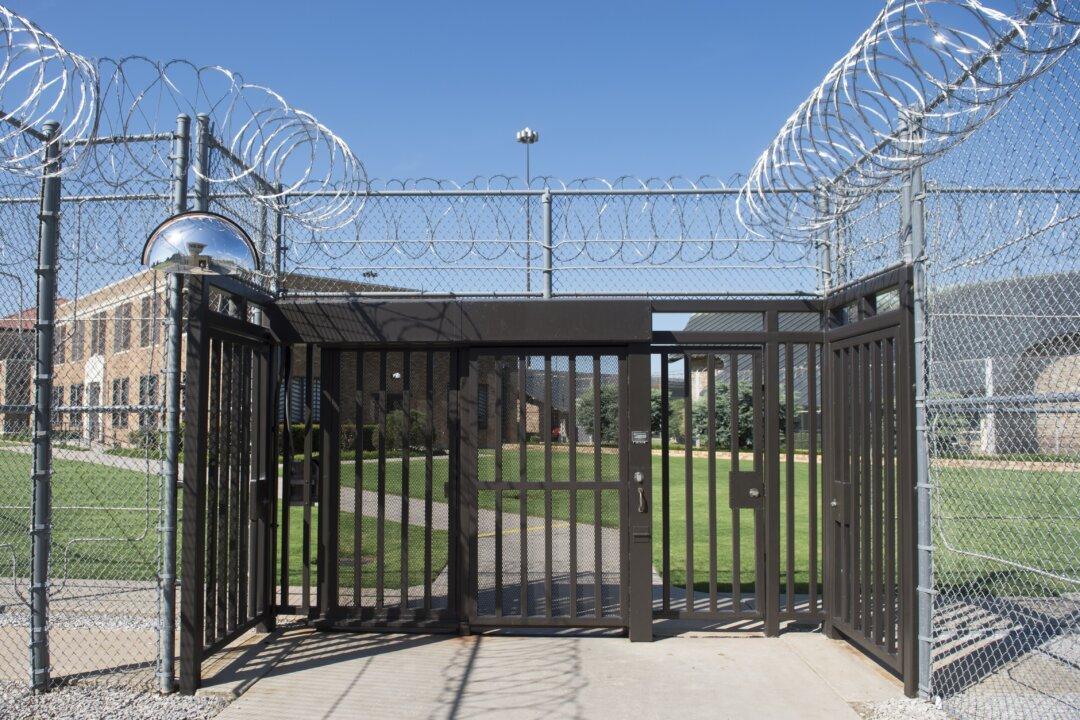Over the past decade, re-offending rates among short-term prisoners have barely changed. According to statistics from 2013, 59 percent of prisoners on sentences of less than 12 months went on to commit further crimes—almost identical to numbers in 2002. But there’s little appreciation for just how important housing can be when it comes to the likelihood of re-offending.
When they are incarcerated, prisoners do not only lose their freedom—they are also very likely to lose their accommodation. A Ministry of Justice survey in 2006 found that the re-offending rate falls to 47 percent among prisoners who have housing on release, but rises to 79 percent if they are homeless.
The survey showed that, at the time of sentence, 16 percent of short-term prisoners are homeless already, while a further 34 percent are living in insecure accommodation. Of the remaining half, 34 percent are unemployed and dependent on housing benefit, to which they lose their entitlement after 13 weeks. Failure to maintain rent payments or terminate a tenancy means that a prisoner will run up debts, which may further complicate access to accommodation on release.
Back Inside
A lack of accommodation on release increases the likelihood of re-offending for three reasons. First, offenders needing somewhere to live—with only their 46-pound ($68) prison discharge grant in hand—may well revert to their former social networks, and fall back into patterns of crime. Second, a lack of housing offers little incentive to stay out of prison, where at least there’s food and shelter. And third, it jeopardizes access to services to help them address problems and potential work opportunities, not least because services such as GP surgeries, employers, and banks normally require an address.
